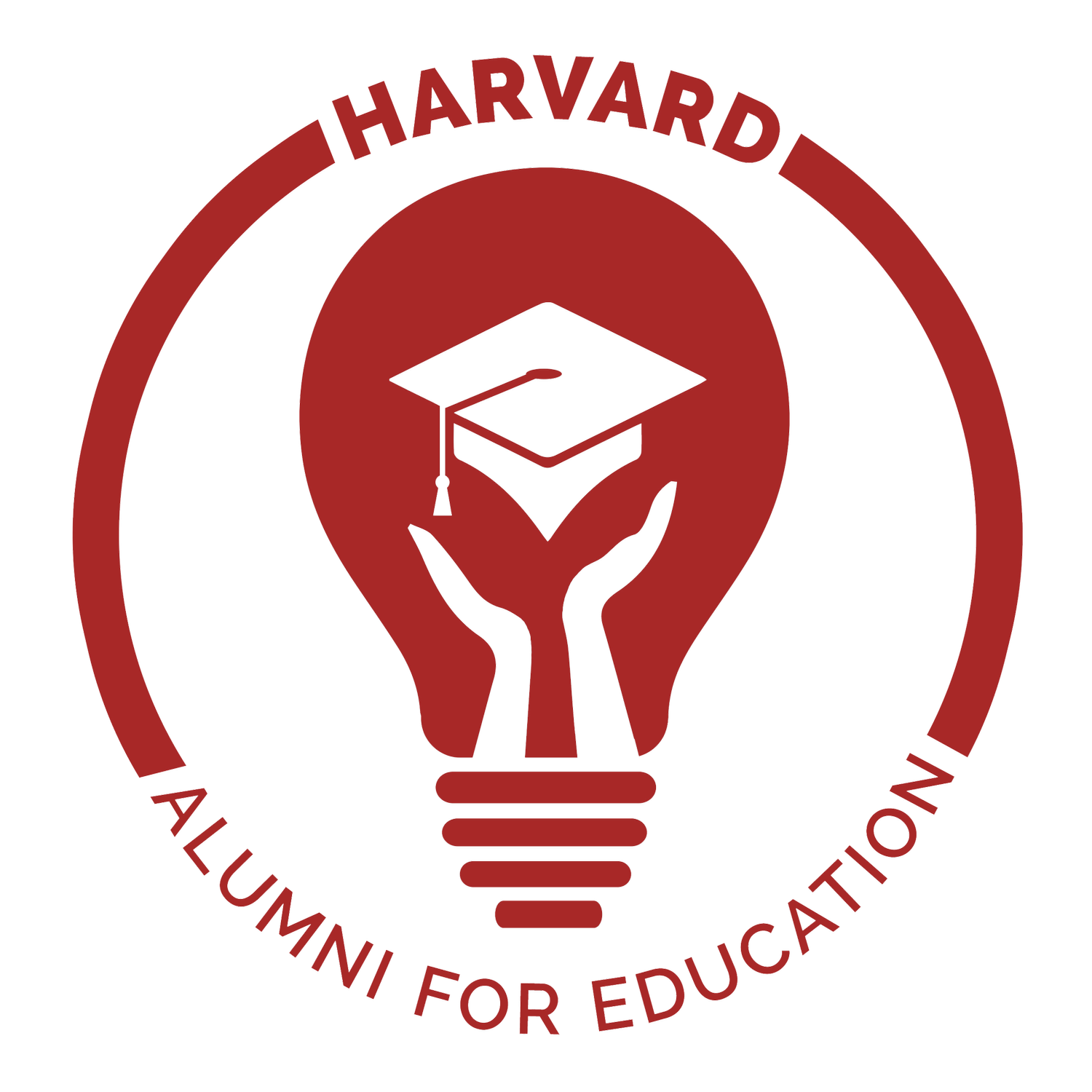This July, members of Harvard Alumni for Education (HAED) joined a diverse gathering of thinkers, artists, educators, and families at the Realisation Festival, held on the historic grounds of St. Giles House in Dorset. For HAED, participation in this annual festival offered an opportunity to engage with a community committed to reimagining education—not just as formal instruction, but as a lived, holistic experience encompassing reflection, creativity, and connection.
A Different Kind of Festival
The Realisation Festival is far removed from conventional conferences or entertainment-driven events. Instead, it invites its 300 participants into a thoughtfully curated three-day exploration of what it means to live well—together. The programming combined keynote talks, interactive workshops, collective rituals, art installations, and ample open space for spontaneous dialogue and connection.
Highlights from the festival included conversations with visionaries in philosophy, ecology, science, and the arts. Attendees participated in sessions ranging from creative writing and contemplative movement to intergenerational dialogues and experiments in community ritual. The emphasis was consistently on experiential learning, with a focus on presence and genuine encounter over passive consumption.
Why HAED Partnered and What We Learned
HAED’s partnership with the Realisation Festival grew from a shared belief in the transformative potential of holistic education. During the festival, it became clear how much learning can be catalyzed outside the traditional classroom. The festival’s unique environment—offering both structured and unstructured opportunities for engagement—demonstrated how education thrives when participants are empowered as co-creators, and when emotional, creative, and intellectual dimensions are addressed together.
HAED members noted the festival’s intentional cultivation of community. From group meals beneath old oaks to collaborative art projects and reflective sessions around a fire, there was a real sense of belonging and layered learning. The presence of multi-generational families alongside individual seekers deepened discussions on interdependence, resilience, and the evolving nature of education in our rapidly changing world.
For many, the highlight was simply the genuine exchange among people of differing backgrounds—educators rubbing shoulders with artists and policy-makers, all united by open curiosity and purpose. This blending of perspectives mirrors HAED’s ongoing commitment to fostering innovative leadership and meaningful conversation across the education sector.
Key Takeaways for Our HAED Community
Learning as a Whole-Person Journey: The festival reaffirmed that education is most effective when it is embodied, relational, and relevant to lived experience. Sessions that blended ideas with creative practice and reflective time stood out as especially impactful.
The Power of Environment: St. Giles House’s natural setting underscored the importance of context and atmosphere in shaping how we think, engage, and grow.
Community and Belonging: Spaces that emphasize listening, hospitality, and co-creation nurture both individual transformation and collective vision—core values for HAED.
Realisation Festival was a reminder that meaningful change in education—whether formal or informal—springs from spaces where curiosity, creativity, and connection are actively cultivated. HAED looks forward to continuing to partner with communities and events that embody these principles.
If you attended Realisation Festival and wish to share your own reflections or ideas for future HAED engagements, please get in touch. We value your voice in this ongoing conversation about holistic and transformative education.
